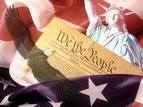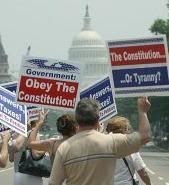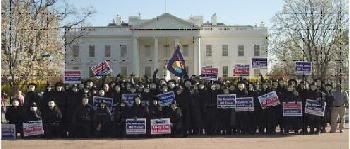Why Doesn't The Court Tell Jurors About Their True Power?
The jurors have two main duties. First, they must determine from the evidence what the facts are. Second, they must take the law stated in the court's instructions, apply it to the facts and decide whether the facts prove the charge beyond a reasonable doubt. See Sparf v. United States, 156 U.S. 51, 102-107, 15 S.Ct. 273, 39 L.Ed. 343 (1895); Starr v. United States, 153 U.S. 614, 625, 14 S.Ct. 919, 923, 38 L.Ed. 841 (1894).
The jurors have the power to ignore the court's instructions and bring in a not guilty verdict contrary to the law and the facts. Horning v. District of Columbia, 254 U.S. 135, 138, 41 S.Ct. 53, 54, 65 L.Ed. 185 (1920). But they should not be told by the court that they have this power. United States v. Krzyske, 836 F.2d 1013, 1021 (6th Cir.), cert. denied, 488 U.S. 832, 109 S.Ct. 89, 102 L.Ed.2d 65 (1988); United States v. Avery, 717 F.2d 1020, 1027 (6th Cir.1983), cert. denied, 466 U.S. 905, 104 S.Ct. 1683, 80 L.Ed.2d 157 (1984); United States v. Burkhart, 501 F.2d 993, 996-997 (6th Cir.1974), cert. denied, 420 U.S. 946, 95 S.Ct. 1326, 43 L.Ed.2d 424 (1975). They should instead be told that it is their duty to accept and apply the law as given to them by the court. United States v. Avery, supra at 1027.

If you'd like to learn more about where the true power resides in the court - ie. the jury - please be sure to visit and support The Fully Informed Jury Association.












0 Comments:
Post a Comment
Subscribe to Post Comments [Atom]
<< Home